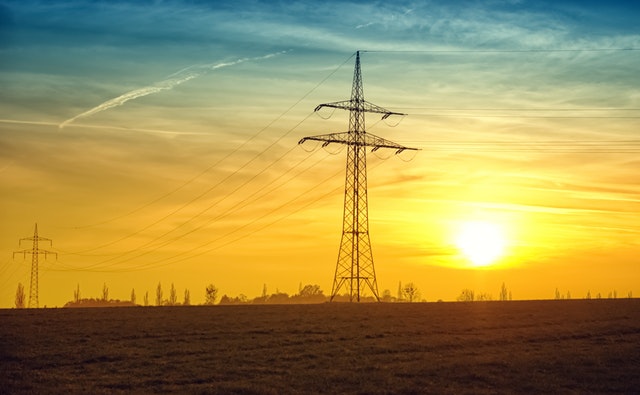
Understanding Deregulation

If you are shopping around for energy providers, you might have seen that the discounts in your state are lower or higher than discounts in another state.
If you have ever wondered why there is a difference, it’s because electricity and gas has been deregulated in some states and at different times.
As a general rule, Victoria has the highest electricity discounts, followed by NSW, SA and SE QLD.
And that’s the same order in which the states deregulated their power prices, which has driven up the discounts in those states.
What does “deregulation” mean?
Deregulation is the process of removing or reducing state regulations, typically in the economic sphere. For electricity and gas, it means removing the retail price regulation from the government and replacing it with prices set by private energy companies.
Once upon a time, Australia’s electricity and natural gas services were owned and run by state and territory government authorities. One of the main reasons they did this was because of the cost of building infrastructure for a relatively small population. This meant at the time that the business model for energy supply wasn’t lucrative for private enterprise. While the government has always had an interest in promoting commercial development it also has an obligation to fund services which may initially not turn a profit.
Back in the beginning of the electricity supply systems, it was easy for the government responsible for electricity to set fixed prices because each market operated in virtual isolation from another. It also meant you could only choose from one provider.
Later the networks were connected via a national electricity market, and the electricity generation and retail companies were sold off to private businesses, who began competing for your business in some parts of the country.
Eventually the pricing was ‘deregulated’ - that is, governments mostly left it up to private businesses to set the prices.
The idea was that competition would keep prices down now that governments were no longer controlling the generation and supply and price of electricity.
Victoria was the first to deregulate electricity and gas, allowing you to choose which company and plan suited you best, and allowing retailers to set their own tariffs and discounts. NSW, SA, and SEQLD followed.
In these states, YOU now ultimately have the opportunity to shop around for energy and gas to get the best deal for your circumstances.
Understanding the 2 Types of Offers
Market Retail Offers - set entirely by the electricity retailer, meaning the price is often more competitive but there may be conditions on getting that cheaper price. These can include pay-on-time discounts, bundled discounts, fixed prices for different periods of time, and can include other incentives to get you to sign up and stay with them. These are also subject to change without notice. It is also good to look at the tariff rate offered, which is how much per kWh you end up paying for the electricity you use. This may have a fixed price guarantee but could be higher than other tariffs available from different electricity retailers.
Standard Retail Offers - set by government and may not be competitive with market offers on price. There are no discounts applicable to standing offers and some protections exist for customers on standing offers. Examples are, a limit on price increases to once every six months and a minimum amount of time you have to pay a bill before service can be disconnected.
Now that you know a little more about deregulation, take action and see if you can lower your electricity or gas bill today.

